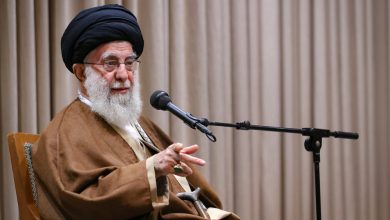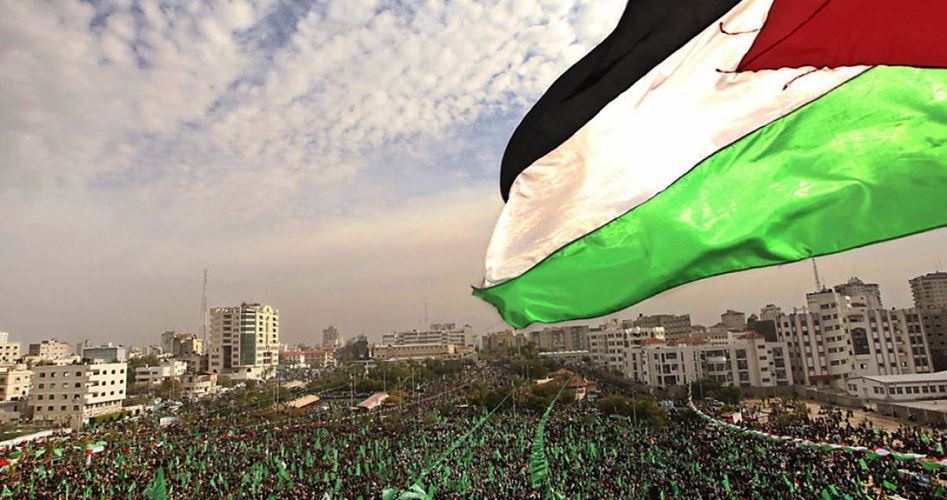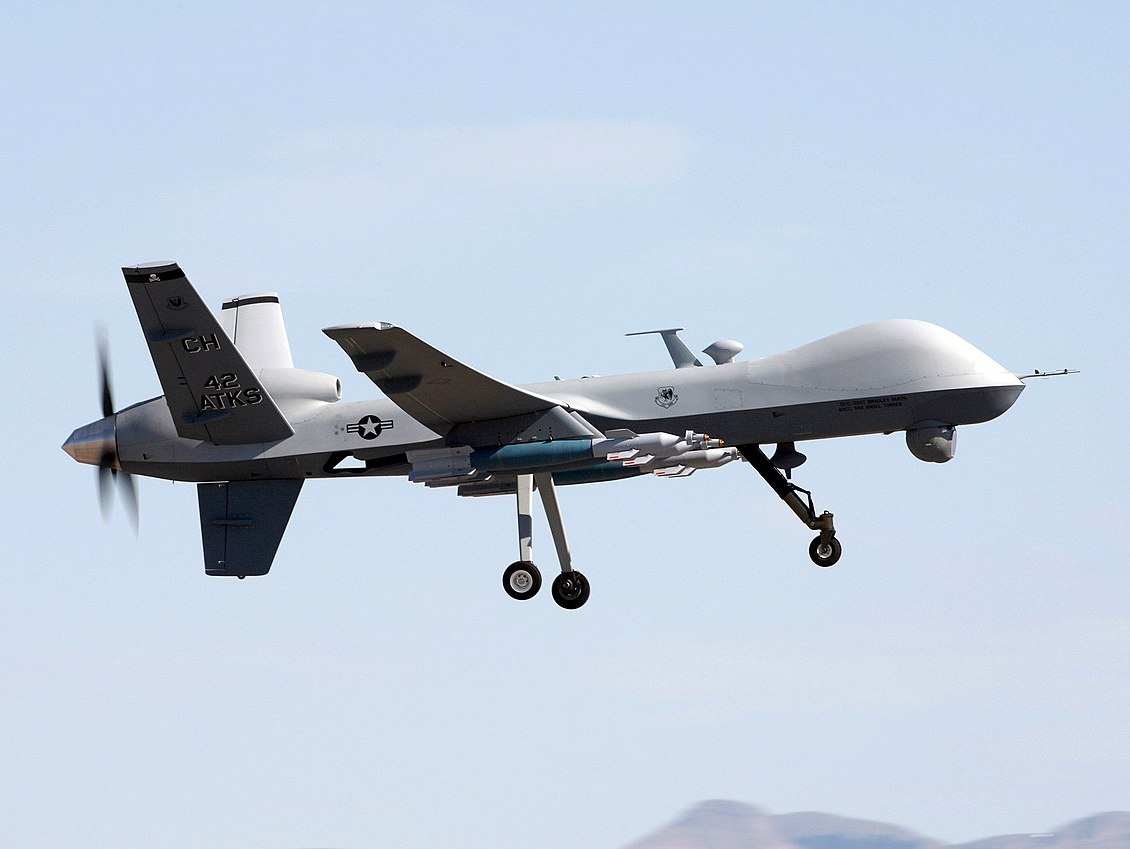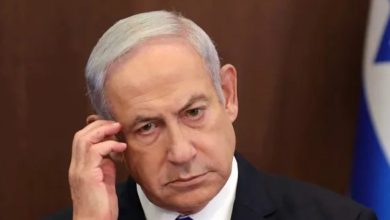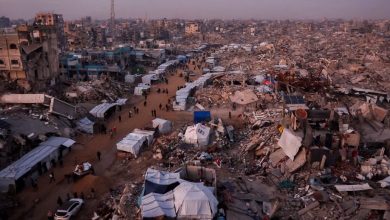Islamic Iran Sacred Defense Era-2
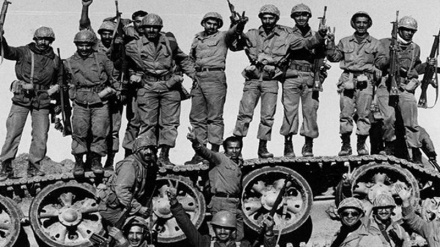

Saddam regime’s imposed war on Iran maintained multiple goals, and all researchers believe that the goals of the imposed war and the states which supported it are the two sides of one coin.
The documents which were revealed throughout the imposed war and after the termination of this war showed that the US; many European countries, and other regional players were involved in orchestration of Iraq’s invasion against Iran.
Throughout the years, the aspects of this war and the role of those, who were partners in crimes committed by Saddam’s regime, became evident more than ever. The documents which were later published identified the figures and states that backed invasion of Iran, behind the scenes. In fact, support for Saddam’s regime, encouraged him to continue his war crimes against Iran. West’s unwavering support for Saddam’s regime also led to prolongation of the imposed war.
Throughout the Iraqi imposed war against Iran, the US and former Soviet Union, as the two super powers, played a major role in the intensification and prolongation of the imposed war.
Prior to the ouster of former Iranian despotic regime; Iran, as the neighboring country of former Soviet Union; and as a country, which maintains huge oil and natural gas reserves, maintained a strategic importance for the US.
For this reason, after the presidential term of Harry Truman, other US presidents pursued his policy toward Iran; providing economic, technical and military assistance for Iran, and even concluding a military and security pact with Iran in the pre-revolution era, with the intention of containment of Communism. During the reign of former Iranian dictator, Shah; Iran became the most important US ally in the region.
The study of support for Saddam’s regime throughout the Iraqi imposed war, and its comparison to current regional conditions is a matter of importance.
The US support for Saddam in the imposed war on Iran highly resembles the measures currently taken to somehow undermine the Pivot of Resistance by supporting Saudi regime’s bellicose policies in the region, and via backing terrorist outfits in Syria.
The US, in the first step and in an effort to support Saddam, and counter Iran, excluded Iraq from the list of supporters of terrorism.
This policy is currently pursued toward Saudi regime’s role in the post-9/11 developments. The US, by prevention of the publication of results of investigations into 9/11, concealed the role of Saudi regime, as a main suspect in this terrorist current, so that the US policy for strategic usage of Saudi regime in the war against Syria and Yemen would not be challenged.
The concessions that the US granted to Saddam’s regime throughout the imposed war were interesting. Revocation of the ban on export of US-made weapons to Iraq, and call on the US allies to provide military equipment for the former Iraqi regime were part of these concessions.
The former US president, Jimmy Carter, in order to deal a blow against Iran, and upon the request of Saudi regime for preparation against what was referred to as Iran’s possible attack, presented four reconnaissance planes, coupled with their supportive ground systems, to Riyadh.
Meanwhile, the same policy is currently adopted by the US toward Saudi regime, in line with US goals across the region.
The US, in support for Saddam in his invasion against Iran, compelled its Western allies to dispatch their military fleets to Persian Gulf waters. Upon presentation of this request, in less than three weeks, France, Britain, Australia, and Canada reinforcement their presence in the Indian Ocean and the region by increasing their warships from 30 to 60, in numbers. The former Iraqi regime concluded a $1.5bn deal for purchase of military equipment from France, and a $1bn contract with Britain. Upon the receipt of French planes in 1984, the former Iraqi regime’s army staged large-scale offensives against Iran’s oil terminals in Khark Island, in addition to Iran’s oil tankers, and commercial ships. Upon the US recommendations in the waning days of the year 1981; Kuwait; Saudi regime; United Arab Emirates; and Qatar respectively provided $7bn; $3bn; $1bn; and $500m in cash for Iraq, so that the costs of Iraqi imposed war would be financed by regional Arab states.
Meanwhile, in the current juncture in time, the US president, Barack Obama, upon the invitation of the Saudi regime to Camp David meetings, and prior to conclusion of Joint Comprehensive Plan of Action, pledged to promote military assistance to Saudi regime, while naming Saudi regime as the US strategic ally in the region.
Based on a report, recently released by Reuter’s news agency, White House has called for the sales of weapons, and military equipment worth more than $115bn to Saudi regime. This was the largest offer which White House presented to the Saudi party throughout the two parties’ 71-year alliance.
In the global scene, the US adopted double standards via the UN Security Council, and the decisions and resolutions passed by the UN Security Council practically served Saddam’s interests.
Throughout the eight-year imposed war, the UN Security Council issued eight resolutions in relation to the situation between Iran and Iraq, and four statements in regard to usage of chemical weapons.
The UN Security Council Resolution No.479, which was issued in that period of time, clearly manifests the unilateralism in favor of the invading forces. The said resolution, without condemning the former Iraqi regime, who waged the imposed war, called on the two parties to this war to refrain from resorting to force and to solve their disputes via peaceful avenues.
Following the issuance of this resolution, UN Security Council remained silent for twenty-one months toward the Iraqi imposed war. However, when the strategic port of Khoramshahr was liberated from the yoke of Saddam regime’s invading forces; the UN Security Council issued Resolution 514 on July 12, 1982, and called for establishment of ceasefire and immediate retreatment of the two parties to international borders, as the result of UN Security Council member states’ concern over the tilt of balance of war in favor of the Islamic Iran.
This situation continued for a number of years, until July 20, 1987, in which the UN Security Council member states unanimously passed Resolution 598, for establishment of ceasefire between Iran and Iraq.
This was the first UN Security Council Resolution which criticized the onset and continuation of the Iraqi imposed war. The UN Security Council in this resolution deplored the continued bombardment of civilian regions; attacks on impartial ships and/or civilian planes. Furthermore, the UN Security Council, for the first time after seven years, called for formation of an impartial probe committee for identification of the invading forces.
Finally, ten years after the acceptance of ceasefire and termination of the Iraqi imposed war, the then UN chief, Javier Perez de Cuellar, presented a report, introducing the former Iraqi regime as the invader. However, the responsibilities which should have been shouldered by the invading party, such as payment of compensation to Iran, were not implemented.
